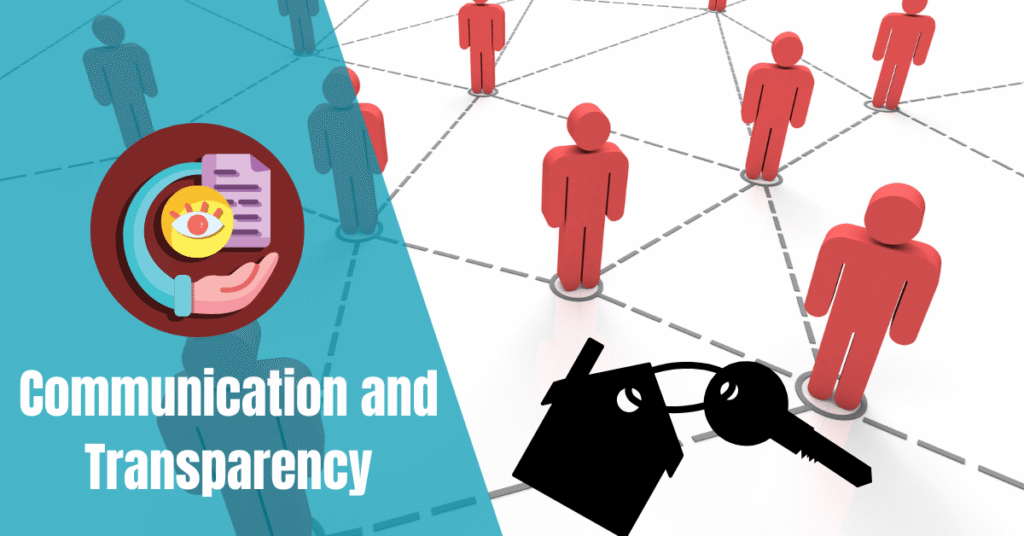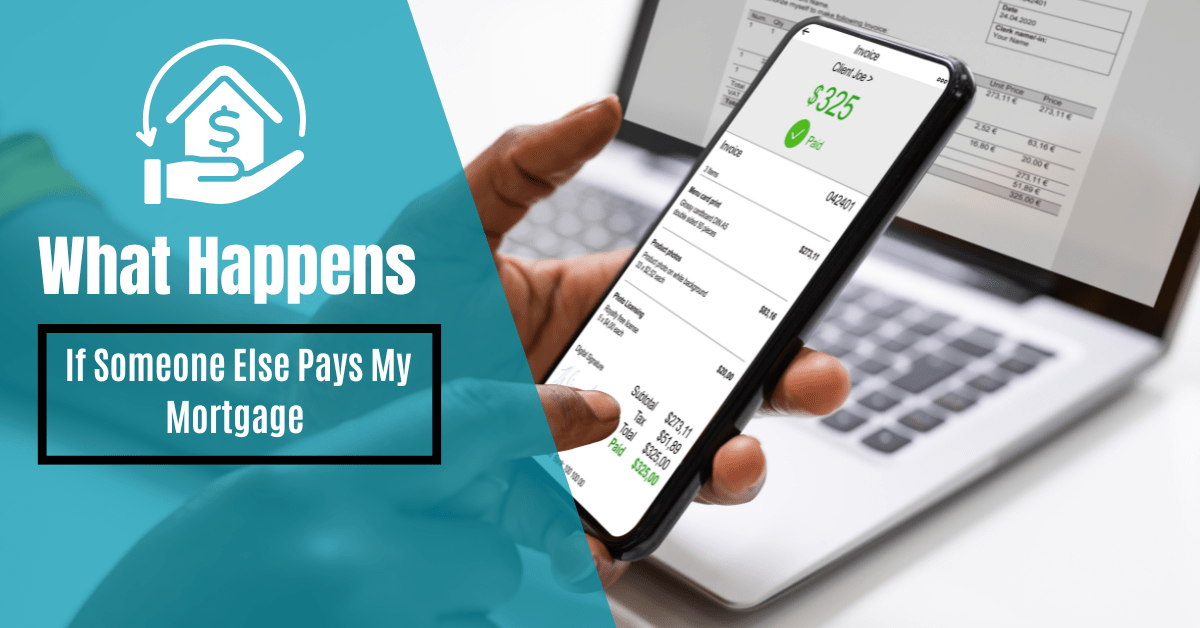Having someone else pay your mortgage may seem like a dream come true, but it’s essential to understand the potential impacts and implications of this arrangement. Whether it’s a family member, a friend, or even an employer, there are several factors to consider when someone else is making your mortgage payments on your behalf.
Legal Obligations
While it may be tempting to let someone else take on your mortgage payments, it’s crucial to remember that the loan is still in your name. This means that you are legally responsible for the mortgage and any financial agreements associated with it.
Any late payments, missed payments, or default on the mortgage, regardless of who made the payments, will directly affect your credit score and financial situation. Even if someone else is making the payments, you should stay well-informed about the status of the mortgage and ensure that payments are being made on time.
Tax Implications
When someone else pays your mortgage, there may also be potential tax implications for both you and the person making the payments. It’s essential to consult with a tax professional to understand the specific tax laws and regulations in your country or region.
Depending on the arrangements and laws governing the situation, there could be gift tax implications if the person paying your mortgage is not considered a dependent or a family member. Additionally, there may be tax implications for you if you continue to claim the mortgage interest deduction on your taxes even though you are not the one making the payments.
Liability and Ownership
Even if someone else is making your mortgage payments, the ownership of the property remains in your name unless it is explicitly transferred legally. This means that you still have the rights and obligations associated with being a homeowner.
It’s essential to have a written agreement in place that clearly outlines the responsibilities and expectations of both parties involved. This agreement should specify who is responsible for property taxes, insurance, maintenance costs, and any potential liabilities that may arise from the ownership of the property.
Communication and Transparency
Open and honest communication is key when someone else is paying your mortgage. It’s crucial to maintain a strong relationship with the person making the payments and to establish a system of regular communication.
Regularly get in touch with them to ensure that the payments are being made on time and address any concerns or issues that may arise. Being transparent about your financial situation and providing any necessary documentation or information can help maintain trust within the arrangement.

Potential Risks and Considerations
While having someone else pay your mortgage may seem like a favorable option, it’s essential to consider the potential risks and complications that could arise:
- The person making the payments may stop or default on the agreement, leaving you responsible for catching up on missed payments or facing foreclosure.
- If the arrangement is informal and not legally documented, disputes may arise, leading to legal complications and potential loss of the property.
- Changes in the relationship with the person making the payments could also impact the arrangement, leading to financial difficulties or strained personal ties.
Therefore, it’s crucial to weigh the risks and benefits carefully and consider consulting with a financial advisor or legal professional to ensure that your best interests are protected.
Frequently Asked Questions For What Happens If Someone Else Pays My Mortgage: Financial Impact Revealed
What Happens If Someone Else Pays My Mortgage?
If someone else pays your mortgage, you may become the owner of the property, but they could have rights over it too.
Can Someone Else Pay My Mortgage On My Behalf?
Yes, someone else can pay your mortgage on your behalf. However, it is essential to clarify any terms and agreements to avoid complications.
Will Someone Paying My Mortgage Affect My Credit Score?
If someone else pays your mortgage, it won’t directly impact your credit score. However, late payments could still have consequences.
What Are The Potential Benefits Of Having Someone Else Pay My Mortgage?
Having someone else pay your mortgage can offer relief from financial stress and potentially allow you to build equity in the property.
Conclusion
While having someone else pay your mortgage may initially seem like a great idea, it’s crucial to navigate this arrangement with caution and a full understanding of the potential implications.
Ensure that you have a clear and legally binding agreement in place, maintain open communication, and understand your legal and financial responsibilities throughout the process. Consulting with professionals in the field can provide you with valuable insights and guidance to make informed decisions for your financial stability and well-being.
Ismail Hossain is the founder of Law Advised. He is an Divorce, Separation, marriage lawyer. Follow him.





Leave a Reply